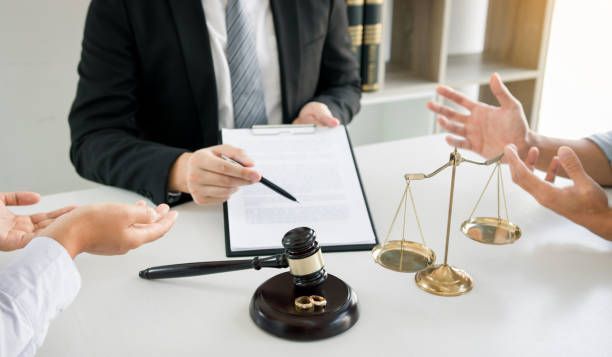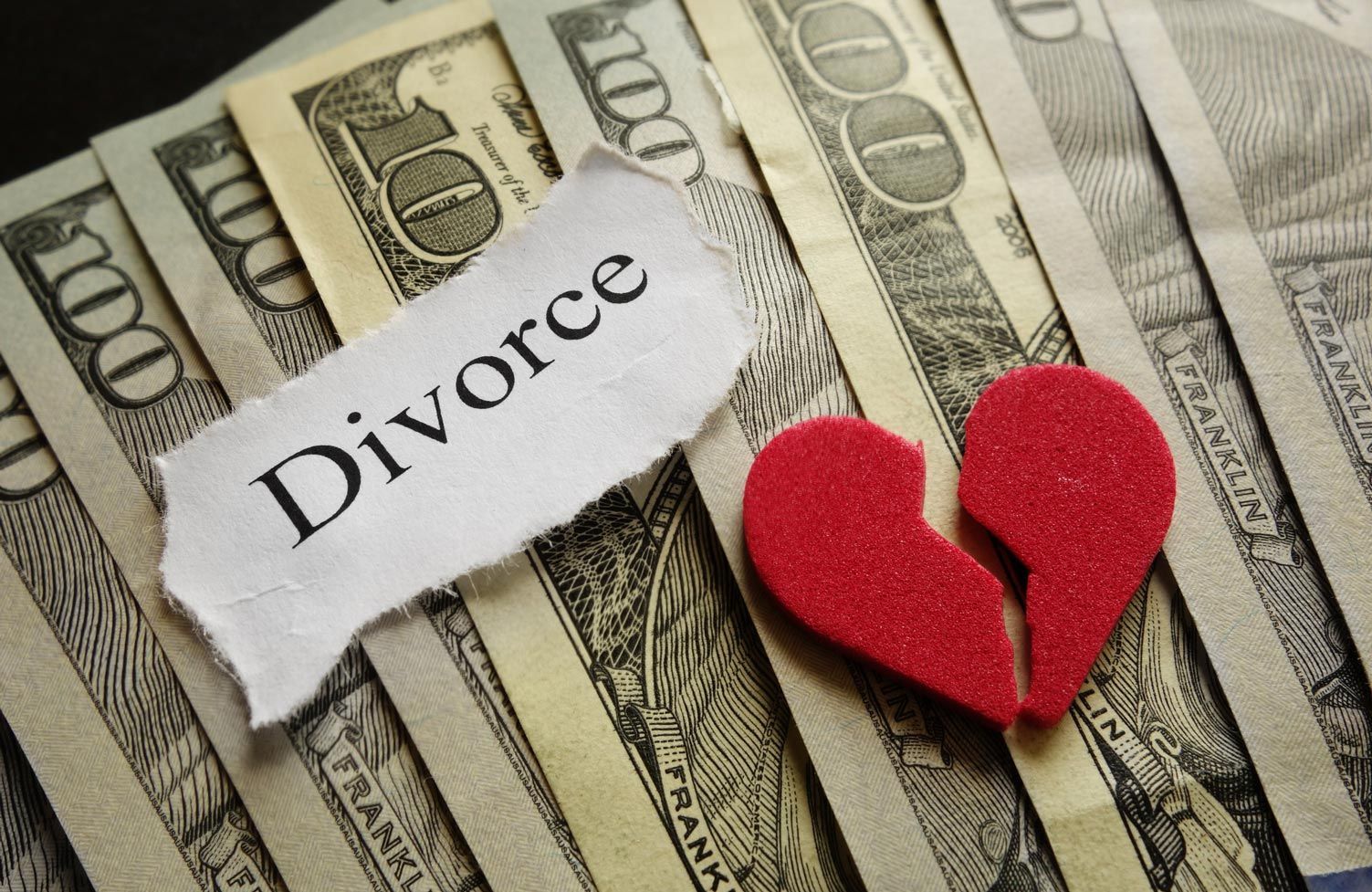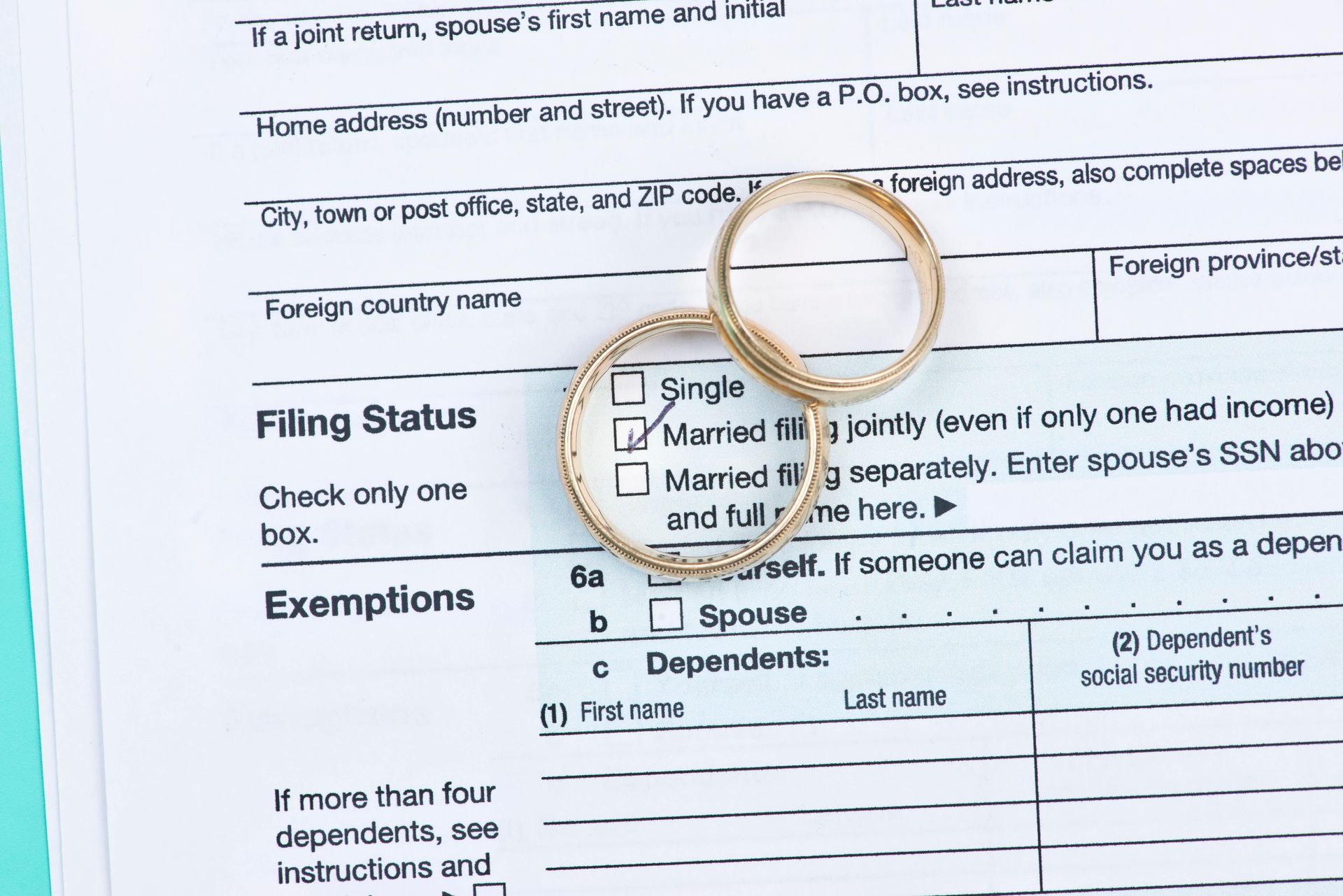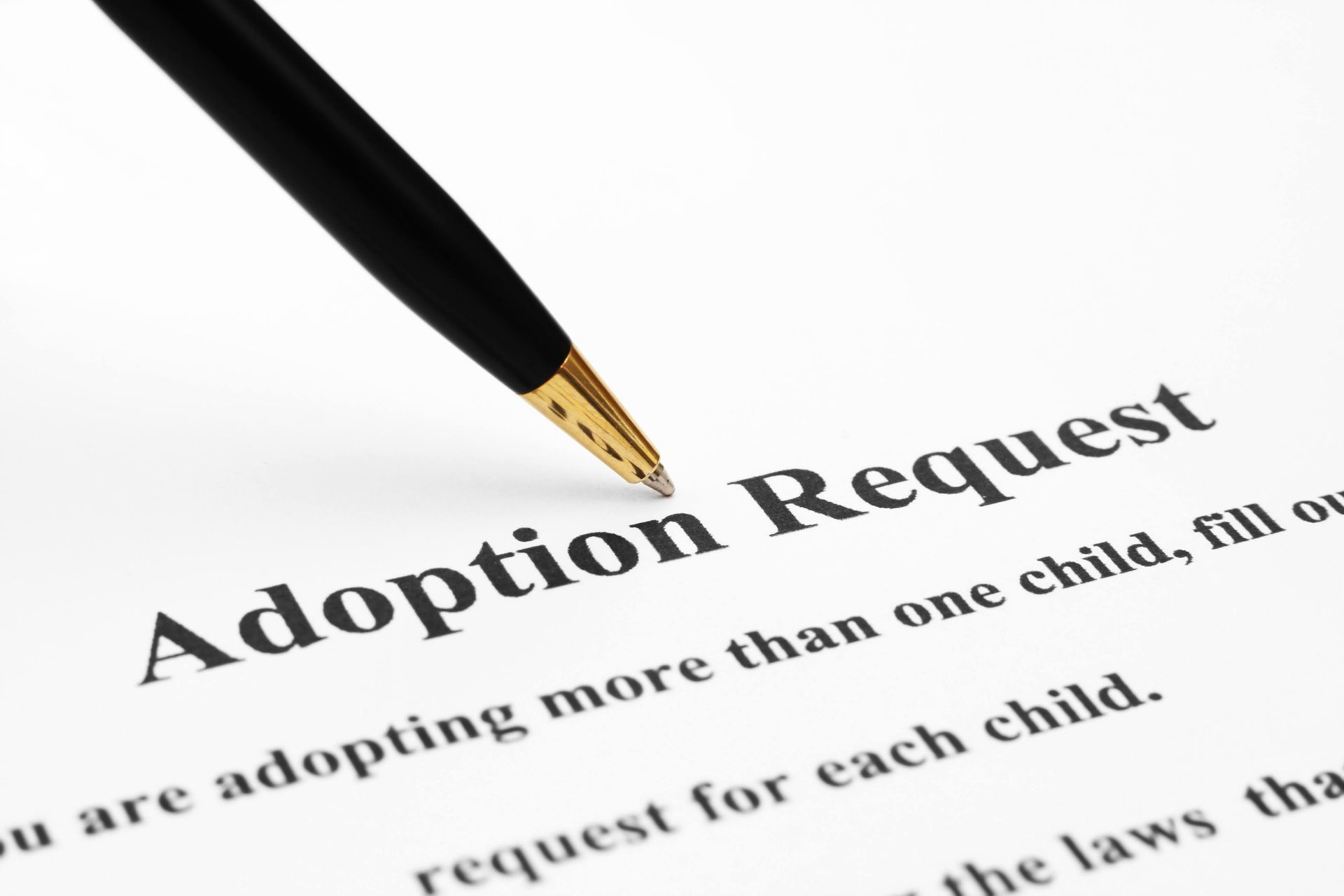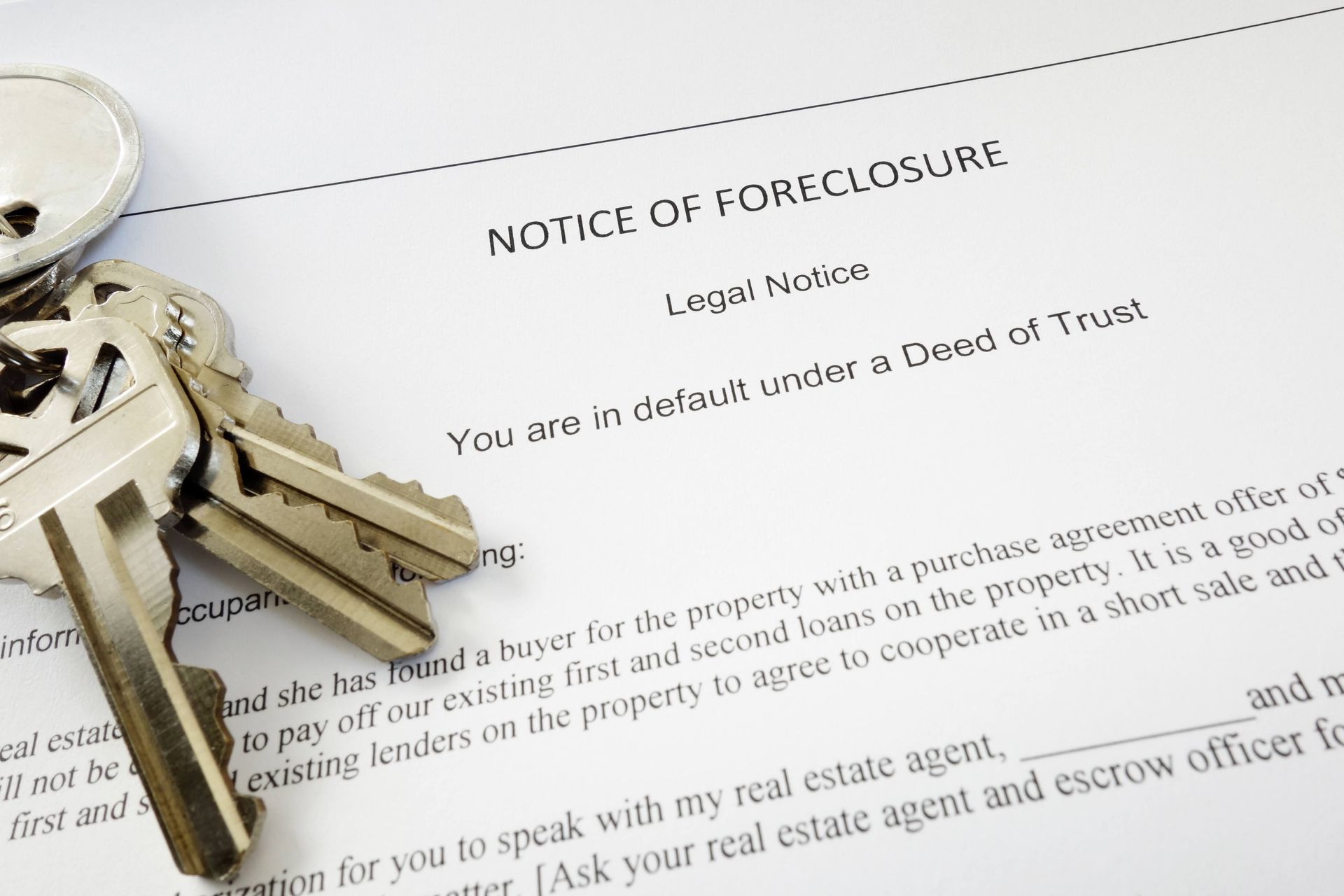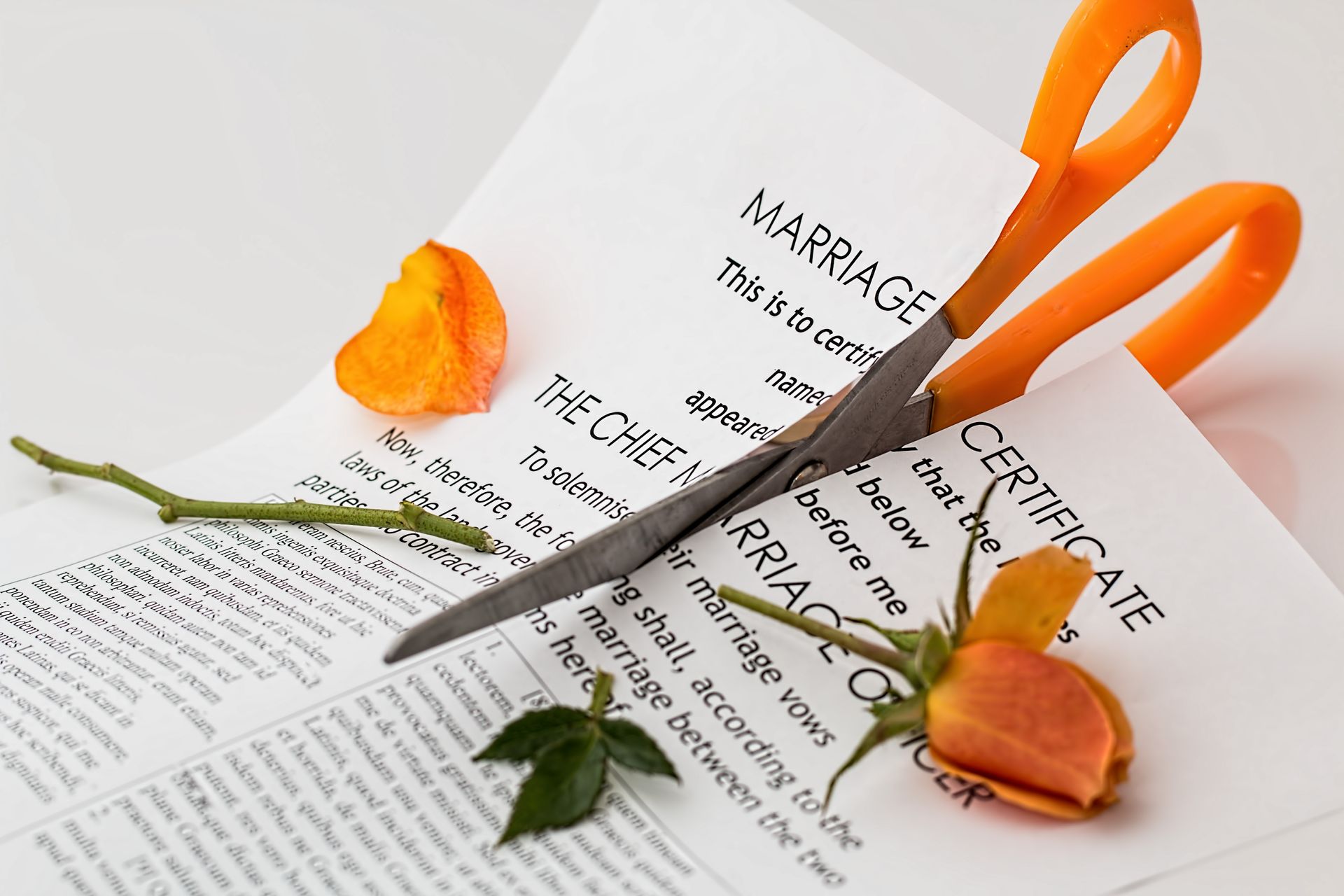Can You Improve Your Credit Score After Chapter 13 Bankruptcy?
Sometimes, no matter how financially disciplined you are, life can throw you a curveball and derail your financial plans. As a result, you may accumulate debts beyond your means to pay them off. Chapter 13 bankruptcy is a way out of such situations, as it allows you to repay your debt as per a court-approved plan at a zero or reduced interest rate.
But some individuals are hesitant about this option, as they fear filing for bankruptcy will adversely affect their credit score. While it's true that bankruptcy will negatively impact your credit score, it is equally true that you can improve your credit score under Chapter 13 bankruptcy if you make the right moves. Here are ways to boost your credit score during Chapter 13 bankruptcy.
Pay Your Monthly Payments on Time
The most critical factor for improving your credit score during Chapter 13 bankruptcy is settling all your debts as per the court-approved payment plan. Making timely payments and adhering to the plan ensures that you are in good standing with all your creditors.
As hard as it may sound, you can ensure you make all the payments with practical strategies. First, set a budget and allocate funds for monthly payments. You may also set reminders and automated payments to ensure timely payments.
If you experience trouble making payments in the future, consult with your trustee to rearrange your payment schedule. You may be able to extend the repayment plan or decrease your monthly payments, depending on your financial circumstances.
Include a Co-Signer on New Credit
Even as you’re paying off your debts, you may need access to credit to further build your credit score. You may not qualify on your own, but adding a cosigner who has a high credit score can help. A cosigner agrees to make payment in case you can’t make the payment. The cosigner should have a reliable source of income or savings.
Note that you must ensure that all payments are made on time to maintain the cosigner's credit score.
Lower the Amount You Spend
The credit utilization ratio is the amount of debt you have relative to your total credit limit, and it can significantly impact your overall credit score. Therefore, reducing the amount you spend helps reduce this ratio and improves your credit score.
You should not use more than 30 percent of your available credit at any given time. For example, this ratio means that if you have a total credit limit of $5000, you should not use more than $1500 at any given time.
Monitor Your Credit Score
Monitor your credit score throughout the repayment period to understand how it changes over time and make adjustments accordingly. For example, if your credit score has not improved over the months, you can rethink your credit card utilization or increase the monthly bills you settle.
Several online tools can help you keep track of your credit score and other relevant information.
Dispute Your Current Accounts
You are eligible to dispute any current accounts that may have been included in the Chapter 13 payment plan. This step includes accounts such as credit cards or loans where payments are behind due to circumstances beyond your control.
Disputing these accounts can help remove negative marks from your credit score, thereby improving it over time.
Consult an Attorney
In case of confusion or doubt, seek professional advice from an experienced attorney. A bankruptcy attorney can help you understand the legal implications of filing for bankruptcy and offer suggestions for managing your debt. Your attorney will also be able to help you determine what steps you should take to improve your credit score under Chapter 13 bankruptcy.
John D. Wieser Esq., PC, is your trusted lawyer for all bankruptcy-related matters. We have years of experience handling complex cases, so you can count on us to guide you through the entire process. Contact us today for a consultation.
